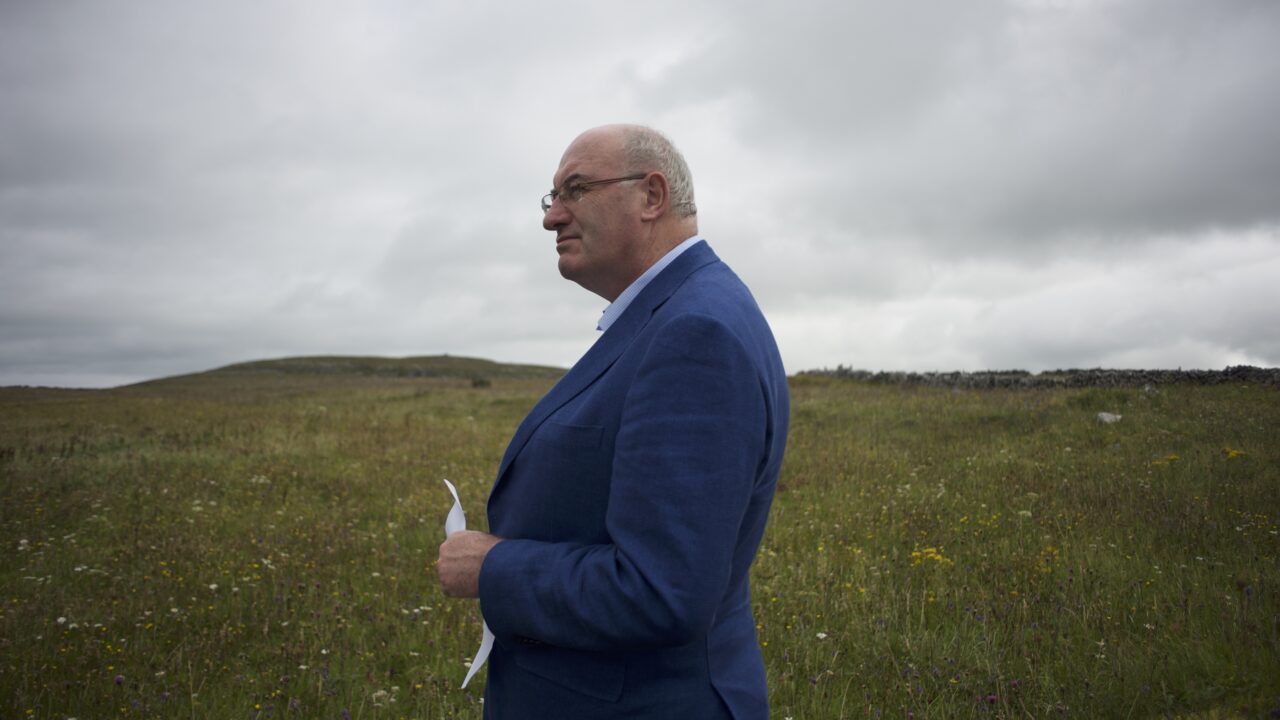This week’s talk of degressive support payments to farmers is a distraction from the core issue of how the European Union (EU) will settle its future finances.
The UK’s departure from Europe leaves a €4 billion hole in the EU’s annual budget. If steps are not taken to make up this deficit then Irish farmers will be among the first groups to feel the pinch of the support cuts that will follow.
The first is to expect EU tax payers, across the board, to put more money into the kitty.
However, the mandarins within the European Commission may not find this approach at all palatable. It will, no doubt, have dawned on them that no one likes to pay more tax.
In such circumstances, individual member states would have the option of topping up farm payments as they saw fit.
Such a scenario would then see Irish Farmers’ Association (IFA) president Joe Healy and the other farm leaders going to the Irish people and saying: “Give us your money.”
In my opinion, this would be a difficult sell. Yes, the Irish economy has recovered tremendously well over recent years. Full employment, to all intents and purposes, is now a reality.
But, with the likes of the health and education services crying out for more funding, it’s hard to conceive the circumstances under which the Irish government would agree to a major injection of national resources into the farming sector.
But there is another way of looking at this. The question is: Who, actually, gets money from the EU coffers? Currently, intensive pig and poultry farmers are out of the support loop. But what if milk producers were added to this list?
This, in turn, would leave more money to be shared out among Ireland’s beef and sheep farmers.
The other option would be to remove red meat production from the CAP funding network, on the basis that the sectors are inherently unprofitable. This would result in more money being channeled in the direction of the milk industry.
I sense that the upcoming CAP reform negotiations will force Irish farmers to think very carefully about their future support options.
